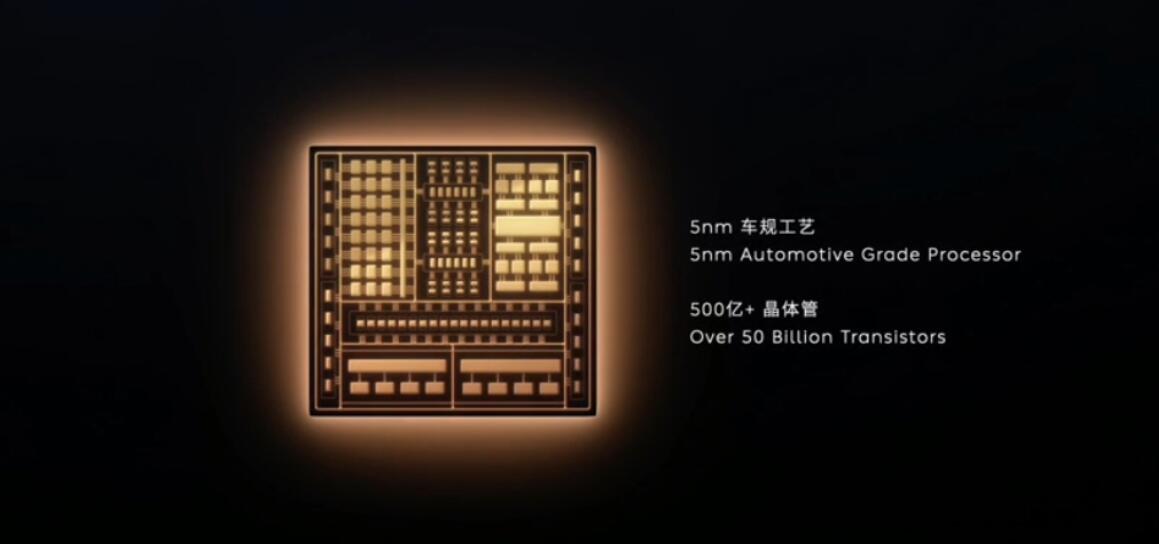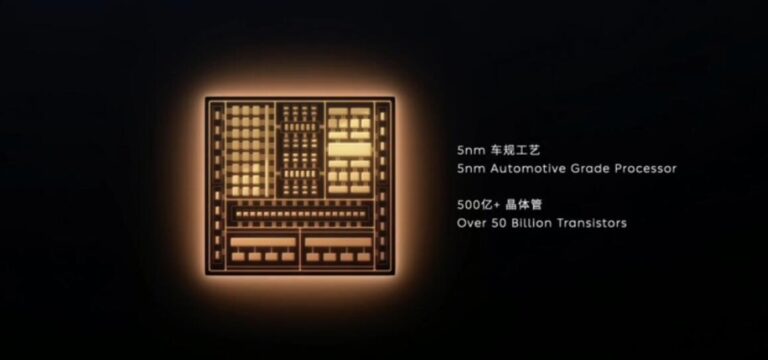Nio's Shenji NX9031 has taped out and is currently in testing, while Xpeng's smart driving chip is already in the process of being taped out.

Nio's (NYSE: NIO) and Xpeng's (NYSE: XPEV) in-house developed smart driving chips have finalized their designs, meaning the countdown is on for them to be installed in production vehicles, local media outlet 36kr reported today.
Nio unveiled its first in-house developed autonomous driving chip, the Shenji NX9031, built using a 5 nm process, at Nio Day 2023 held on December 23.
The chip will be used in the ET9 executive flagship sedan, which is already available for pre-order, but deliveries won't start until the first quarter of 2025.
The Shenji NX9031 has taped out and is currently in testing, the 36kr report today said, citing people familiar with the matter.
Taping out means the chip moves from the design stage to manufacturing, a key step in the chip's mass production and commercialization, the report noted.
Xpeng's in-house developed smart driving chip is already undergoing the taping out process and is expected to see initial pilot production results in August, according to the report.
Li Auto (NASDAQ: LI) also has a chip project code-named "Schumacher," which started later than Nio and Xpeng, but will also be taping out within the year, according to 36kr.
In announcing the NX9031, Nio said the chip has more than 50 billion transistors and is comparable to four Nvidia Drive Orin X chips.
Nio's current NT 2.0 platform-based models come standard with four Orin X chips, totaling 1,016 Tops of computing power.
Nio has been building its chip team since 2020, and the team is currently over 800 people. The team is also developing the Shenji NX9031, along with another LiDAR chip called Yangjian, the 36kr report noted.
Released on September 21, 2023, the Yangjian chip is a LiDAR master controller chip, model number NX6031.
Xpeng also began building its chip team from 2020, initially partnering with US chip design firm Marvell, but that partnership didn't go well, according to 36kr.
Xpeng wanted some customization, but Marvell offered limited alignment, so that partnership was canceled, according to 36kr.
In 2022, Xpeng chose chip design partner Socionext, and contracted it to design the chip, the report said, adding that an industry source said that the taping out of Xpeng's smart driving chip is progressing at about the same pace as Nio's.
Li Auto has been recruiting a lot of chip talent since last year, and the current size of the chip team is around 200 people, according to the report.
It's worth noting that the chips need to go through a series of complex processes from taping out to final commercialization, including performance and stability testing, the report noted.
These chips can only really enter the large-scale commercial use stage after small batch production and further verification of the feasibility of mass production, the report said.
